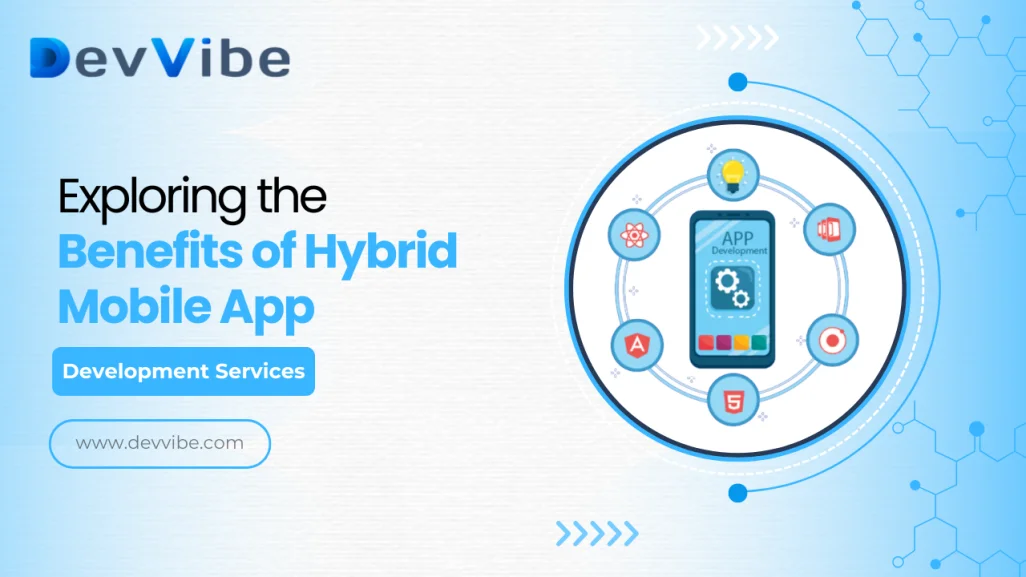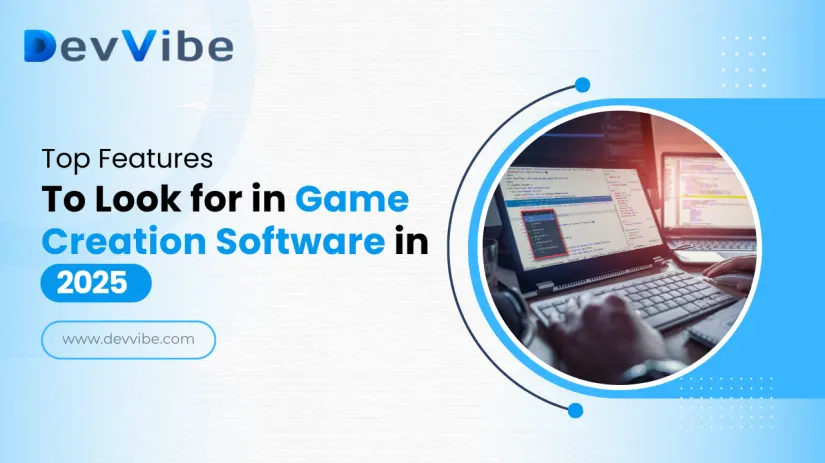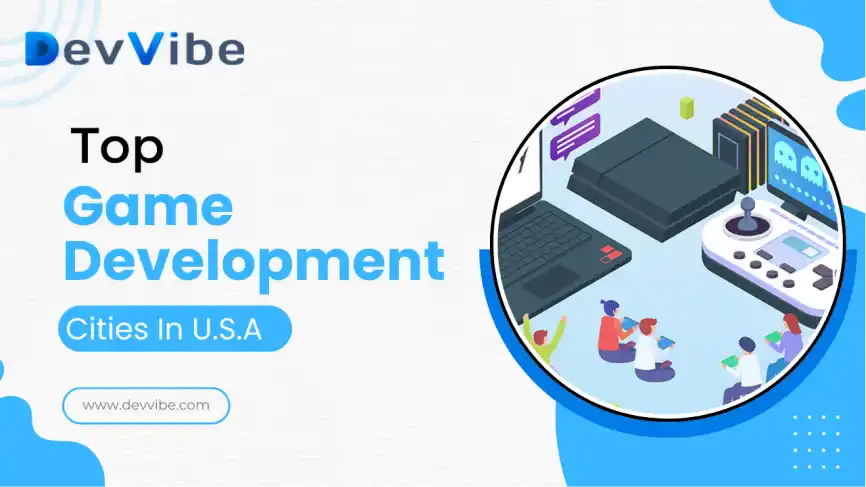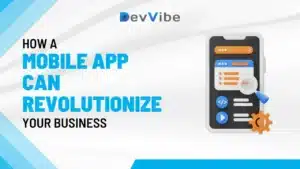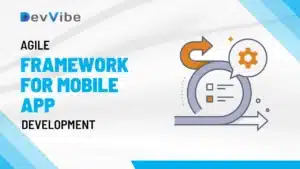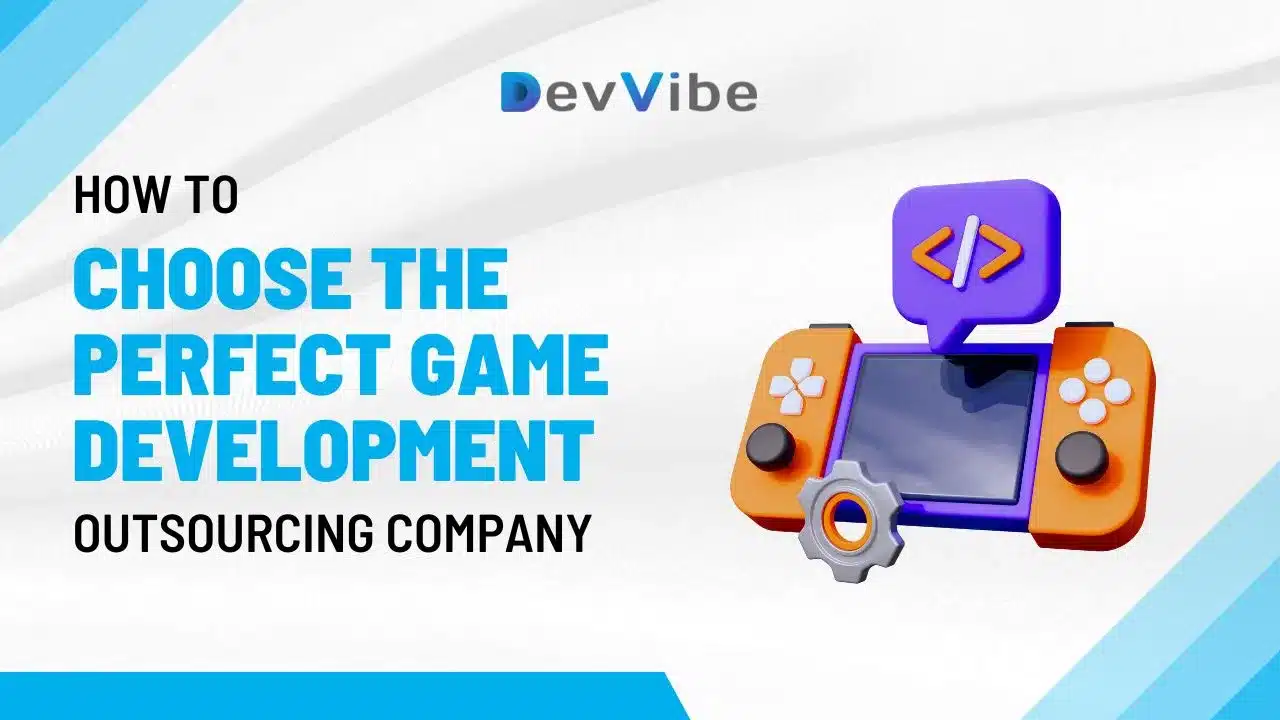
How to Choose the Perfect Game Development Outsourcing Company
In the fast-paced world of game development, many companies are turning to outsourcing as a strategic way to bring their game ideas to life. Game Development Outsourcing Company can provide access to a wide range of skills and expertise that might not be available in-house. It allows you to leverage the strengths of specialized teams around the world, potentially reducing development time and costs. However, the key to a successful outsourcing partnership lies in choosing the right company. With so many options available, finding the perfect fit can be challenging. This blog will help you navigate the process, offering insights into what to look for and how to make the best choice for your game development needs.
What is Game Development Outsourcing?
Game development outsourcing company involves hiring external companies or teams to handle various aspects of game creation. This can range from full-scale development to specific tasks like design, coding, or testing. Outsourcing allows companies to leverage specialized expertise without the need for in-house teams.
Why Outsourcing is a Smart Choice for Game Development
Outsourcing can be a game-changer for companies looking to develop high-quality games while managing costs and resources efficiently. By outsourcing, you gain access to global talent, reduce time-to-market, and can focus more on your core business activities.
Understanding Your Game Development Needs
Before diving into the selection process, it’s crucial to have a clear understanding of your game development needs.
Defining Your Project Scope
Start by outlining the scope of your project. Are you looking to develop a mobile game, a console game, or a VR experience? Knowing what you want will help you identify the right outsourcing partner with the appropriate skills.
Determining the Type of Games You Want to Develop
Different companies specialize in different types of games. Whether it’s a casual mobile game or a complex RPG, understanding the genre and platform will guide you toward companies that have relevant experience.
Setting a Budget for Outsourcing
Budget is a critical factor in outsourcing. Establishing a clear budget helps narrow down your options and ensures that you don’t overspend. Remember to consider both upfront costs and potential ongoing expenses.
Researching Potential Outsourcing Companies
Once you’ve defined your needs, the next step is researching potential outsourcing partners.
How to Find Reputable Game Development Companies
Start by searching online for companies that specialize in game development. Platforms like Clutch, LinkedIn, and industry-specific forums are great places to find potential partners.
Checking Portfolios and Case Studies
A company’s portfolio is a window into their capabilities. Look for case studies that showcase their work on projects similar to yours. This will give you an idea of their experience and the quality of their work.
Reading Client Testimonials and Reviews
Client testimonials and reviews provide insight into the company’s reputation. Look for feedback on their communication, adherence to deadlines, and overall performance.
Evaluating Expertise and Experience
Expertise and experience are crucial factors in choosing the right outsourcing partner.
Importance of Industry-Specific Experience
The game development industry is unique, with its own set of challenges. Companies with industry-specific experience will be better equipped to handle these challenges and deliver a successful project.
Evaluating Technical Skills and Tools
Ensure that the company has the technical skills required for your project. This includes proficiency in programming languages, game engines, and development tools. Ask about the specific tools and technologies they use.
Assessing Creativity and Innovation
Game development isn’t just about technical skills; creativity is equally important. Evaluate the company’s ability to think outside the box and come up with innovative solutions that enhance the gaming experience.
Considering Communication and Collaboration
Effective communication is key to a successful outsourcing partnership.
Importance of Effective Communication in Outsourcing
Clear and consistent communication helps prevent misunderstandings and keeps the project on track. Ensure that the company you choose values transparency and is easy to reach.
Collaboration Tools and Practices
Ask about the tools and practices the company uses for collaboration. Tools like Slack, Jira, and Trello can make communication more efficient and keep everyone on the same page.
Time Zone Considerations
If you’re outsourcing to a company in a different time zone, consider how this will impact communication and project timelines. Look for a company that is flexible and can accommodate your schedule.
Understanding the Legal and Security Aspects
When outsourcing, it’s important to protect your intellectual property and ensure that the project is handled securely.
Protecting Your Intellectual Property
Make sure the game development outsourcing company understands the importance of protecting your IP. This includes safeguarding your game concept, design documents, and any other proprietary information.
Non-Disclosure Agreements (NDAs) and Contracts
NDAs and contracts are essential for protecting your interests. Ensure that the company is willing to sign an NDA and that the contract clearly outlines the terms of the partnership, including ownership of the final product.
Security Measures and Data Protection
In addition to legal protection, inquire about the company’s security measures. How do they handle sensitive data? What protocols are in place to prevent data breaches?
Assessing Project Management Capabilities
Effective project management is crucial for ensuring that the project is completed on time and within budget.
Project Management Approaches
Ask about the company’s project management approach. Do they use Agile, Scrum, or Waterfall? Understanding their methodology will give you an idea of how they manage timelines, resources, and deliverables.
Importance of Milestones and Deliverables
Clear milestones and deliverables help track progress and ensure that the project stays on schedule. Make sure the company provides regular updates and is open to feedback.
Handling Revisions and Feedback
Revisions are a natural part of the development process. Ensure that the company is receptive to feedback and willing to make necessary changes without resistance.
Analyzing Cost vs. Value
While cost is important, it’s equally important to consider the value you’re getting for your money.
Balancing Cost with Quality
Don’t just go for the cheapest option. Consider the quality of the work and the expertise of the team. Sometimes paying a bit more can lead to a better end product.
Understanding Different Pricing Models
Outsourcing companies may offer different pricing models, such as fixed-price, hourly rates, or retainer-based. Understand the pros and cons of each model to choose the one that best suits your project.
Negotiating the Best Deal
Negotiation is key to getting a fair deal. Don’t be afraid to discuss pricing, payment terms, and any additional costs that may arise.
Testing and Quality Assurance Practices
Testing is a critical phase of game development, ensuring that the final product is bug-free and user-friendly.
Importance of Thorough Testing
Thorough testing helps identify and fix bugs, ensuring a smooth gaming experience for users. Ask about the company’s testing process and how they handle bug reports.
Understanding QA Processes
Quality Assurance (QA) is more than just testing; it’s about maintaining the quality of the entire project. Ensure that the company has a robust QA process in place.
Ensuring Post-Launch Support
Post-launch support is crucial for fixing any issues that arise after the game goes live. Make sure the company offers ongoing support and is available to make updates as needed.
Cultural Fit and Company Values
Choosing a company that aligns with your values can make the outsourcing partnership more harmonious.
Importance of Aligning Company Values
Look for a company that shares your values and vision. This can lead to a more collaborative and productive partnership.
Understanding Cultural Differences
If you’re working with a company in a different country, be aware of cultural differences that could impact communication and work styles. Understanding these differences can help avoid misunderstandings.
Building a Long-Term Relationship
Consider whether the company is interested in building a long-term relationship. A partner that is invested in your success is more likely to go the extra mile to deliver high-quality work.
Flexibility and Scalability
Your project needs may change over time, so it’s important to choose a company that can adapt.
Adapting to Changing Project Needs
The ability to adapt to changes is crucial in game development. Ensure that the company is flexible and can handle scope changes without disrupting the project.
Scalability Options for Growing Projects
If your project grows, you may need to scale up the team or resources. Look for a company that can scale their services to meet your needs.
Handling Unexpected Challenges
Challenges are inevitable in game development. Choose a company that has a track record of handling unexpected issues effectively.
Conclusion
Choosing the perfect game development outsourcing company is a complex process that requires careful consideration of various factors. By understanding your needs, researching potential partners, and evaluating their expertise, you can find a company that aligns with your vision and helps bring your game to life.
DevVibe is a leading software company specializing in game development, offering cutting-edge solutions and innovative designs. With a team of experienced developers and designers, DevVibe excels in creating engaging and high-quality games across various platforms. Their expertise spans from concept to completion, ensuring a seamless development process. By leveraging the latest technologies and industry trends, DevVibe delivers exceptional gaming experiences tailored to meet the unique needs of their clients.
FAQs
What is the typical cost of outsourcing game development?
The cost of outsourcing game development can vary widely depending on the project’s scope, complexity, and the region where the company is located. On average, it can range from $10,000 to $500,000 or more.
How long does a typical game development project take?
The timeline for game development can vary based on the complexity of the game. Simple mobile games might take a few months, while more complex games can take over a year to develop.
Can I outsource only part of the game development process?
Yes, you can choose to outsource specific parts of the game development process, such as design, coding, or testing, depending on your needs.
What should I do if I’m not satisfied with the outsourcing company’s work?
If you’re not satisfied with the work, it’s important to communicate your concerns early on. Most companies will be open to revisions and working with you to address any issues.
Is it safe to share my game concept with an outsourcing company?
Yes, as long as you have a solid NDA in place and have thoroughly vetted the company’s reputation, it should be safe to share your game concept with them.



